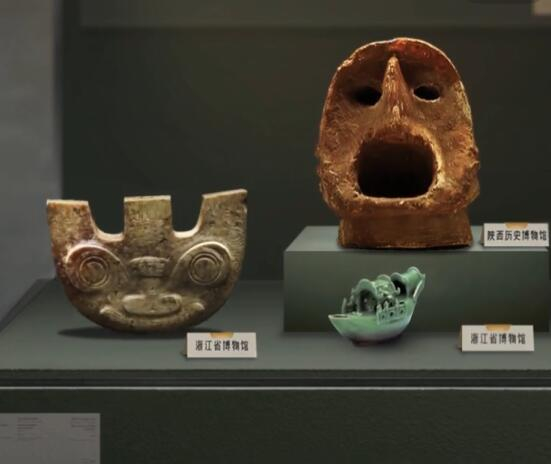
Culture
18:22, 30-May-2018
Chinese short video market shows strong growth amid missteps
By Ye Qing

The market for short online videos in China started as early as 2011.
One of the recent success stories concerns Kuaishou, which received a 350-million-US-dollar investment from Tencent in March 2017. Another one is Tik Tok, known as Douyin in China, which was the most downloaded non-gaming mobile app on Apple store in the first quarter of 2018, according to Sensor Tower, a US research firm.
Over the last few years, China’s short video market has seen explosive growth as Chinese Internet users increasingly embrace the format. Who are the viewers of these videos of less than 20 minutes in length? Why does the content attract them? How has short video market growth been after regulation?

The logo of Douyin. /VCG Photo
The logo of Douyin. /VCG Photo
Individuals: A new way of entertainment
The short video is slowly filling up the fragments of time. They are perfect for young, tech-savvy consumers who take their mobile devices everywhere and use them to access social media or to fill in short breaks between activities.
"Short videos are popular because they are complementary to traditional audio and video content on the Internet," Sun Jiashan, of the Chinese National Academy of Arts, told Xinhua.
Compared with long-form videos, the shorter version has many advantages, including time-saving and being responsive to audience needs.
Companies: A new way to generate content
Using this format to generate content is rapidly becoming a global phenomenon. China’s biggest Netflix-like streaming site iQiyi finally has a plan to get into user-generated short-form videos.
“It’s different now. We’ve noticed apps featuring short-form video are taking off,” Gong Yu, iQiyi CEO, told Bloomberg Television on May 18.

Gong Yu, the CEO of iQiyi. /iQiyi Photo
Gong Yu, the CEO of iQiyi. /iQiyi Photo
Companies like Tencent, Sohu, and iQiyi have all started providing short video content. Even government agencies are getting involved.
On May 19, International Museum Day, Douyin joined with seven country-level museums in China to launch creative short videos on cultural relics. The two videos have been seen more than 118 million times and received 6.5 million times likes and over 170,000 shares.
“The government actions could be regarded as a chance for the healthy development of the industry," Chen Zhou, a strategic consultant with YY Inc. told Xinhua.

Tik Tok with seven country-level museums in China jointly launched creative short videos. /Screenshot via Douyin
Tik Tok with seven country-level museums in China jointly launched creative short videos. /Screenshot via Douyin
The shortcut is often a wrong cut
While the short video meets the audiences' needs, concerns over vulgar, violent, gory, pornographic and other harmful content still exist.
According to Xinhua, one of the most watched videos on Kuaishou was about a 14-year-old girl giving birth to a child. It received many "likes" on her page, raising serious public concerns because many viewers are young, including teenagers.
According to the China Internet Network Information Center (CNNIC), China had a total of 579 million online video viewers and 422 million live streaming viewers by the end of 2017.
Su Hua, CEO of Kuaishou, admitted that the firm didn't comply with government rules regarding the birthing video or the morality behind it since they pursued the click rate blindly.

The self-supervision page of Kuaishou. /Screenshot via Kuaishou
The self-supervision page of Kuaishou. /Screenshot via Kuaishou
The "Provisions on the Administration of Internet Live-Streaming Services," which took effect in 2016, indicates the short video platform has classification management and content review obligations.
In response to the criticism, Kuaishou has deleted the relevant video and issued an apology on its official account on Weibo, and opened a self-supervision page on the company's official website.
Make a better environment for the market
“The Chinese short video industry ought to keep away from ‘vulgar’ content and hold the chance and course. The short video, as a high place of popularity, should not become a moral depression or an illegal place,” according to The People’s Daily.

Tencent's Weishi and Douyin. /VCG Photo
Tencent's Weishi and Douyin. /VCG Photo
There is no doubt that online video companies must strengthen content management and rely not only on the regulatory policy but also their self-supervision. After evolving, short video apps may have the opportunity to be among the first Chinese apps to successfully gain worldwide reach.

SITEMAP
Copyright © 2018 CGTN. Beijing ICP prepared NO.16065310-3
Copyright © 2018 CGTN. Beijing ICP prepared NO.16065310-3